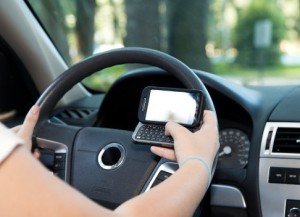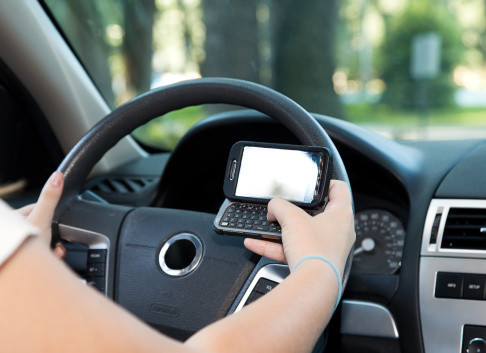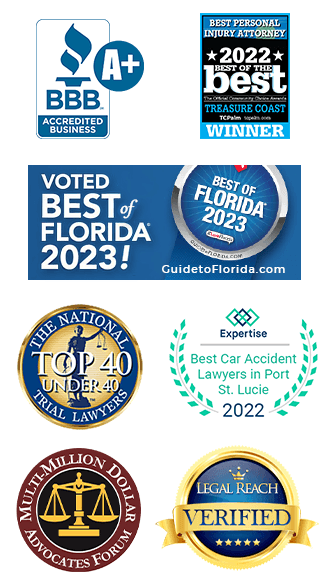 Concerns about distracted driving by teenagers often focus on texting behind the wheel. But teens use their cellphones for other purposes in addition to texting, so laws on distracted driving laws often include other uses of handheld electronic devices.
Concerns about distracted driving by teenagers often focus on texting behind the wheel. But teens use their cellphones for other purposes in addition to texting, so laws on distracted driving laws often include other uses of handheld electronic devices.
According to Pew Research Center study, cellphones are the primary way teens are accessing the Internet. The study, Teens and Technology 2013, found that nearly half of American teens now own cellphones with access to the Internet, commonly known as smartphones.
The study found that among American teens, smartphone adoption has greatly increased, and that mobile access to the Internet is pervasive. In fact, one in every four teenagers now say that they generally access the Internet using their smartphone instead of some other device such as a laptop or desktop computer.
As smartphones are readily available to teens when they’re behind the wheel, the results of this study raise many concerns on distracted driving. Fortunately, majority of all distracted driving laws aren’t limited to texting, and many of them cover other uses of handheld electronic devices while operating a vehicle.
Florida’s proposed distracted driving law, which recently passed in the Senate, bans not only texting but emailing and instant messaging as well. But in the age of Facebook, Twitter, Google and YouTube, will such laws be enough to deter teens from accessing those sites while driving?
A Florida Personal Injury Lawyer Can Help
If a distracted driver in Florida has injured you or someone you love, you may need an experienced Florida car accident attorney. Call us today at (800) 299-8878 or fill out our convenient online contact form for a free consultation.
The law firm of Philip DeBerard, Injury Attorney, concentrates on helping injury victims in Stuart, Jupiter, Port St. Lucie, Okeechobee, Fort Pierce, Palm Beach and Vero Beach.





